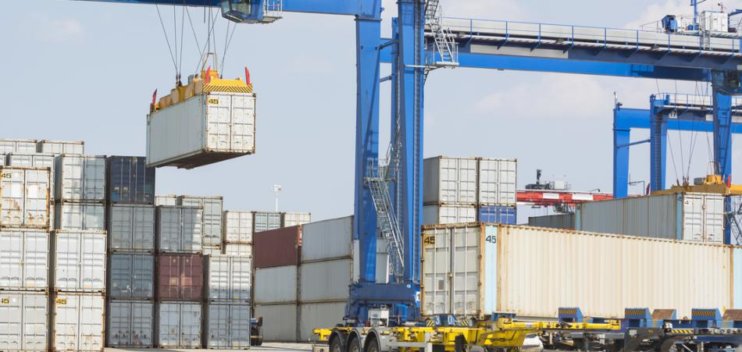Country logistics performance When evaluating the performance of Logistics Service Providers (LSP) across countries in your supply chains, there must also be an evaluation of the logistics capability for each identified country. Why is this? Because a higher level of performance from logistics services depends on the public sector’s policies and actions, including: attitude to globalisation, regulations, infrastructure, controls and … Read More
Change in the freight forwarding sector of supply chains
A fragmented market. A freight forwarder is not a capital intensive business, unlike a container shipping line, with investment in ships and possibly shore-side equipment. However, freight forwarders are data intensive businesses. Any industry in this situation will have established companies open to competition from other players in the supply chains, in addition to technology based disruptors. If there is … Read More
Supply Chains and possible change in container shipping
Growth for container shipping lines. International container shipping is an undifferentiated industry – a container is a container and the ships are very similar. To grow their individual businesses, options for shipping companies are to increase volume, reduce unit cost or to construct a vertically integrated business. But what could be the effect on customers’ supply chains? To achieve their … Read More
Region, not global, supply chains for future trade
Supply chains will change. Commentators typically use the term ‘globalisation’ when describing international trade; however, the actual situation is a gradual reduction in global trade and growth in intra-region trade. Therefore, as in the past and over time, supply chains will change. Decisions concerning change to supply chains are influenced by at least four factors: geography; regional development; existing and … Read More
Change your Supply Chains in 100 days
Geopolitics and Supply Chains This is the challenge for some Supply Chain professionals in Britain and Europe. While a supply network for an enterprise is aimed at achieving a least total cost situation, national governments can take action or reach agreements that may negatively affect an organisation’s supply chains. Prominent examples in the media through 2018 have been the renegotiation … Read More





